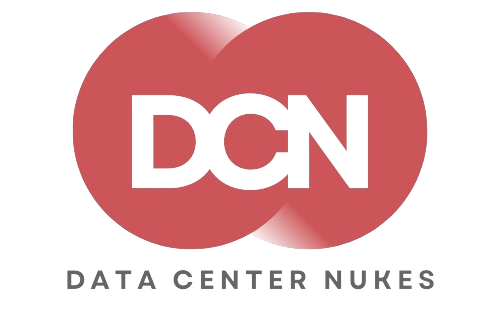How does the SkillBridge process work from a pay/leave/separation standpoint?
The specifics of the SkillBridge process are determined by your command. SkillBridge is aligned with your separation date, which can complicate approvals for medical separations. To determine your eligibility window, subtract 180 days from your separation date. This 180-day period is the only time you can participate in SkillBridge. You cannot add terminal leave to the end of this period! Plan ahead and don’t save up too much terminal, or plan a mix in your last six months, ie. 120 days for SkillBridge and 60 days for terminal leave.
There are rank-specific limitations to be aware of (check out the specifics on the main SkillBridge page here). The key point is that SkillBridge is only authorized during this 180-day window prior to your separation date, and any leave must be scheduled around this timeframe. It is technically possible to take leave before starting SkillBridge, return briefly, and then start SkillBridge, this is generally not feasible for those of us the nuclear community.
SkillBridge participants do not receive additional pay through the program; doing so would violate the SkillBridge Memorandum of Understanding (MOU) each of the hosting companies signs with the Navy. Instead, you continue to receive their regular military pay while on Permissive Temporary Additional Duty (TAD), and they can be recalled by their command if necessary (this is ver, very rare). It’s important to note that your Basic Allowance for Housing (BAH) is based on your duty station location. If you plan to participate in SkillBridge in a high cost-of-living area like Norther Virginia or the San Francisco Bay Area, make sure you budget accordingly for (very expensive) housing expenses.
How often do SkillBridge opportunities lead to job offers?
This varies significantly among companies and opportunities, but if you’re looking for a data center job, are available to start quickly after your SkillBridge program is open, have a little flexibility on location, and do a good job during the program, your chances are very good. Some SkillBridge programs focus on certifications rather than direct job placements, but most data center operators want to hire you, which is why they participate.
Can I take a SkillBridge outside the area where I’m currently stationed?
Yes, you can participate in a SkillBridge program outside your current duty station area. SkillBridge gives you permissive TAD (Temporary Additional Duty). This flexibility allows you to relocate, participate in SkillBridge, and apply for local roles with the company you’re training with or other companies. Remember- that participating in a SkillBridge program with a given company does not obligate you to remain with them afterward! You should still shop around! However, it is courteous to consider and go through the interview process with the company since they invested time in training you.
How long in advance should I start the process, and how much communication should I have with companies?
You can start the SkillBridge process as soon as you are eligible to take the TAPS (Transition Assistance Program) class, which is a year before your separation date. Start the process of applying early! Presenting a solid plan to your command as early as possible is important because it lest them plan on filling the gap you will create.
It’s also important to maintain consistent communication with potential companies before and throughout this application process. Each company has different timelines and requirements, so it’s important to stay informed and engaged to ensure a smooth transition.
What are the best qualifications/certifications to get in preparation for a job at a data center? Or what is the best way to set yourself up for the transition?
Most Navy Nukes are already highly competitive for roles in data centers without additional certifications. However, obtaining specific certifications can influence the level at which you enter the field. Here are some recommendations based on different roles within a data center:
- Data Center Technician:
- CCNA (Cisco Certified Network Associate): Recognized widely and beneficial for networking knowledge.
- CompTIA Network+: A good foundational certification for networking.
- Fiber Optics Certification: Highly valuable in data centers due to the prevalence of fiber optic networks.
- BICSI (Building Industry Consulting Service International): Specific to data center operations and infrastructure.
- Critical Facilities Technician:
- Electrical Certification: Any recognized electrical certification can be beneficial.
- EPA 608 Certification: For handling refrigerants, which is useful in managing data center cooling systems.
- Controls Technician:
- SCADA (Supervisory Control and Data Acquisition): Useful for managing and monitoring data center systems.
- BMS (Building Management Systems) Certification: Important for those interested in building automation and control.
There is also a whole recommendations section on certifications on the gouge sheet.
Chase’s note: Do you have a question I missed? Is there more information or a clarification I should include? Let me know! Email me at datacenternukes@gmail.com.
